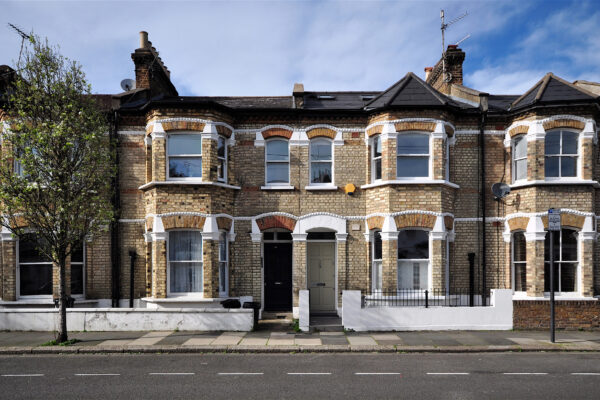Buy tickets now
Sang Kook Suh v Mace (UK) Ltd [2016] EWCA Civ 4
![Sang Kook Suh v Mace (UK) Ltd [2016] EWCA Civ 4](https://tanfieldchambers.co.uk/wp-content/uploads/2024/07/tanfield.fallback.pattern.grey_.png)
Summary
The Court of Appeal held that admissions concerning rent arrears which were made by the tenant, a litigant in person, to the landlord’s solicitor (during discussions at the landlord’s solicitors’ office) were protected by “without prejudice” privilege and were inadmissible at trial.
The facts
A landlord (D) of restaurant premises forfeited its tenants’ lease. The tenants, C1 and C2, issued proceedings as litigants in person, claiming damages for wrongful forfeiture. C1 attended the office of D’s solicitor (S) and proceeded to discuss how the case was progressing. S claimed that C1 admitted during that meeting that she and C2 had been in rent arrears, and that she had discussed with C2 the possibility of D letting her out of the claim without liability for costs if C1 made a statement in support of that admission. A second meeting took place some weeks later, during which S claimed that C1 had reiterated her admission and her intention to get out of the litigation.
D made an application seeking to rely on C1’s statement containing the admission. Cs opposed the application on the basis they did not agree to the reliance.
At first instance, the judge held that C1 had made the admission, despite her later denial of it, and admitted the statement on the basis that the meetings had not been conducted on a “without prejudice” basis. Cs’ claim was dismissed.
The issues
The issues were:
- whether the discussions during the meetings were without prejudice given D’s contention their purpose was not to negotiate a settlement,
- whether privilege should be denied because Cs were using the cloak of “without prejudice” for perjury, and
whether any privilege had been waived by the Cs’ response to the D’s application notice.
Decision on appeal
The appeal was allowed, because:
- The Judge had taken a narrow view of whether the discussions were to be regarded as negotiations genuinely aimed a settlement; a broader view was required (see Rush & Tompkins Ltd v Greater London Council [1989] AC 1280 and Ofulue v Bossert [2009] UKHL 16, [2009] 1 AC 990). Where litigants in persons are concerned, whilst it may be more difficult to determine objectively whether discussions are negotiations genuinely aimed at settlement, in the instant case the only sensible purpose for the meetings must have been to seek a solution to the litigation for C1 – that falls within the meaning of “settlement”. Further, in the instant case, there was no justification for dividing the discussions into parts that were open and parts that were without prejudice, since such an approach is not consistent with the broad view required by the authorities. Thus the entirety of the discussions at the meetings and in C1’s witness statement attracted the protection of privilege and were prima facie inadmissible.
- There was no evidence to establish C1 had used the cloak of “without prejudice” discussions for what the judge found to be lies contained in her statement. Whether or not the judge was justified in saying C1 had lied in denying her earlier admissions, the fact that she had later denied those admissions could not be construed as an attempt to use the exclusion of evidence as a cloak for perjury or other impropriety (see, Unilever Plc v Proctor & Gamble Co [2000] 1 WLR 2436).
- The question of whether privilege had been waived required an objective evaluation of the Cs’ conduct in the context of the purpose of the “without prejudice” privilege, in order to determine whether it would be unjust for Cs to argue the admissions were privileged. As D had indicated it intended to bring the admission to the Court’s attention and to thereby ignore the privilege, it would be unjust to hold Cs’ unguarded response amount to a waiver of the privilege itself. Therefore, the Cs were entitled to argue the admissions were privileged and they had not waived such privilege.
The first instance decision could not stand as reliance had been placed on the admissions in deciding whether rent payments had been made.
This content is provided free of charge for information purposes only. It does not constitute legal advice and should not be relied on as such. No responsibility for the accuracy and/or correctness of the information and commentary set out in the article, or for any consequences of relying on it, is assumed or accepted by any member of Tanfield or by Tanfield as a whole.






